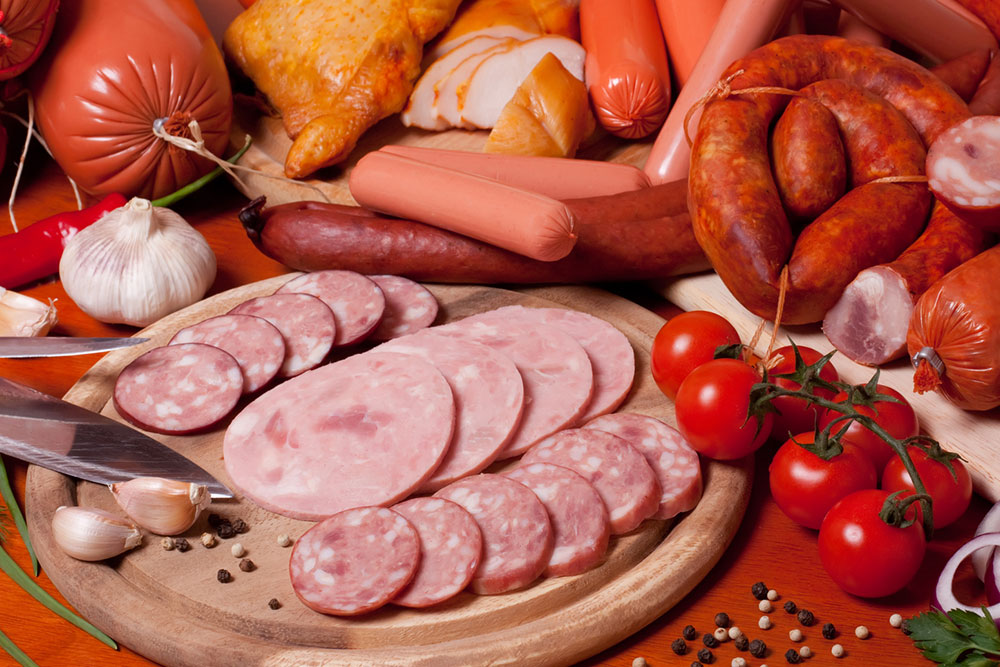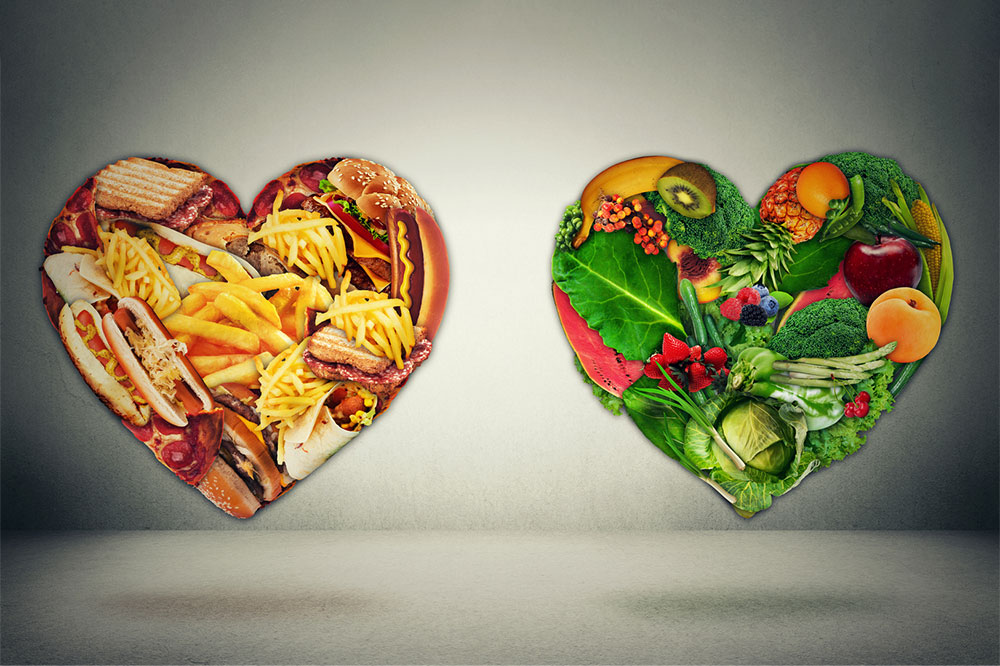5 types of foods to avoid for managing lung cancer

Lung cancer is caused due to unfavorable lifestyle habits and exposure to certain environmental toxins and industrial chemicals. Its symptoms often do not appear until the disease has advanced. While food doesn’t directly cure the condition, following a nutritious meal plan plays a significant role in its management. Having said that, it is equally important to understand which foods can worsen the condition. Here are some foods to avoid for managing lung cancer.
Processed meats
Processed meats, such as bacon, salami, sausage, bacon, corned beef, hot dogs, and canned meat are known to contain high levels of preservatives and additives. These substances, like nitrites and nitrates, have been linked to an increased risk of cancer. In addition, the high sodium content in processed meats can lead to fluid retention, which can worsen breathing difficulties among lung cancer patients. One can instead opt for lean, unprocessed meats or plant-based protein sources. For a satisfying meal, consider choosing whole foods rich in complex carbohydrates such as rice, barley, millet, corn, and oats.
Fatty foods
Fatty and oily foods, including chips, burgers, and the likes may aggravate one’s symptoms of lung cancer and cause inflammation, indigestion, or loss of appetite. They are not only deprived of nutrients but may also interfere with one’s treatment process. One can instead opt for nutritious and filling food choices like oatmeal, apple with peanut butter, homemade hummus, guacamole, or a yogurt parfait with one’s choice of fruit.
Sugary snacks
Lung cancer patients should avoid foods high in sugar and unhealthy fats, such as sugary snacks. These choices can cause inflammation and spike insulin levels, which can influence the growth of cancer cells and also strain the respiratory system, making it difficult for patients to breathe. For quick snacks or sugar cravings, one can opt for fresh fruits and vegetables rich in antioxidants and essential vitamins.
Seafood
Seafood has shown to cause cough or allergic reactions in some cancer patients, further compromising their lung health. It’s best to consult a healthcare professional before adding seafood like shrimp, crab, and fish in one’s daily meals. To get one’s daily protein intake, one can opt for low-fat dairy or diary alternatives, soybeans, or pulses.
Overly spicy foods
While spicy food is not directly risky, overeating extremely spicy foods can cause nausea, diarrhea, irritation, or discomfort. Particularly in lung cancer, individuals may already be experiencing throat and esophageal issues due to the treatment or the cancer itself, and spicy foods can aggravate the symptoms. For those sensitive to spice, it’s best to opt for milder options that are easier on the digestive system.
Apart from foods, it is important for individuals to seek professional help in managing their lung cancer. Certain foods, like dairy products, may be suitable for some while causing allergic reactions in others. So, working with a healthcare professional ensures that one gets a personalized nutrition plan that suits their specific needs and preferences during their lung cancer management journey.






